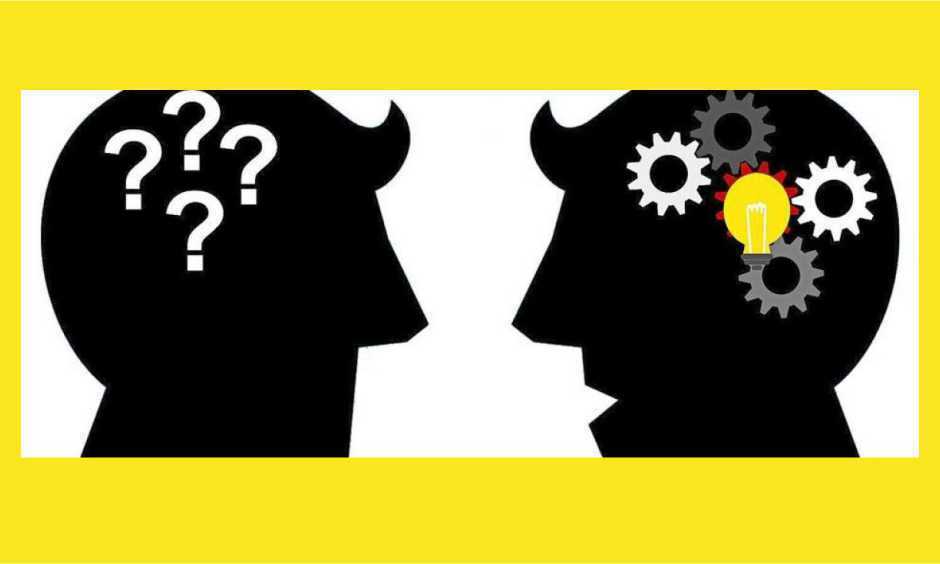According to Malaysia’s National Health and Morbidity Survey 2015, mental illness is expected to be the second biggest health problem affecting Malaysians by 2020. It’s estimated that one in three people will suffer some form of mental health issue such as anxiety, stress or depression in their lifetime.
While the projection seems bleak, there are many organisations and initiatives geared towards alleviating the problem.
What’s difficult to manage, however, is that people often find it hard to open up and talk about their mental health issues, particularly within a culture that puts a premium on saving face. Traditionally, showing emotions has been viewed as a weakness that demonstrates a lack of resilience.
As a teenager, I had a fascinating conversation with my granddad that has stuck with me ever since. He was a burly man even in his 60s and 70s, and certainly no weakling. I asked him about the idea that “boys shouldn’t cry” and received an unexpected response from the ex-army man.
He told me, “People say crying is a weakness and only girls should be allowed to cry. But crying isn’t a weakness, it’s a strength. It takes a lot for a person to show how they feel.”
I pressed him and asked, “But if crying is a strength, why do people say we shouldn’t do it?” He replied: “Because people don’t know how to deal with feelings – and that’s a weakness.”
At the time I nodded along sagely, but it would be years before I had a real understanding of what he meant and how it affects mental health.
In life, we have order and chaos. Rational thought, rules, etiquette and composure exist within an order that we easily understand and happily work with. Whenever order is broken, it’s difficult to make sense of chaos. Rather than make sense of it, it’s easier to dismiss it as quickly as possible.
The understanding of how minds work is in its infancy. What we don’t understand, we fear. If we break an arm, people know how to fix it. If we get anxious or stressed, they feel less equipped to support us in dealing with our mental health.
Nevertheless, most people experience anxiety, stress, depression and trauma at some point. Some suffer more than others. Recently, I corresponded with a young woman about her anxiety. She lost her father unexpectedly a few years ago. In her struggle to cope with her grief, she found her self-assurance and confidence had left her.
Though she can “put on a brave face” to help her get through the day, she finds herself in a constant state of struggle. Like many, she tries hard to suppress the difficult emotions. Sadly, this serves to compound the suffering that always finds some way to manifest itself as a mental health issue. It’s sad to hear people say that they don’t wish to be a burden on their families, but it’s an understandable reaction given that so many are uncomfortable with conversations about grief, stress and trauma. Nonetheless, it’s something we should address. We can start by asking “How are you?” of those around us, and showing that we are genuinely willing to stop and listen to what they have to say. Burying our heads in the sand is a dangerous strategy that has long-term implications for the mental health of our family and friends. We also miss out on one of the most precious aspects of life – forming an authentic, deep connection with the people we love.
When we courageously open up to each other, we create an opportunity to share our troubles and give each other permission to reveal our true selves, ultimately strengthening our bond considerably.
In his 2013 book The Trauma Of Everyday Life, psychotherapist Mark Epstein notes, “When we stop distancing ourselves from the pain in the world, our own or others’, we create the possibility of a new experience, one that often surprises because of how much joy, connection, or relief it yields. Destruction may continue, but humanity shines through.”
Buddhist teacher Thich Nhat Hanh suggests that the greatest gift we can give is our presence. Feelings of loneliness, isolation, and being misunderstood often stem from our struggles. Being present for our family and friends can significantly reduce these struggles. We should never underestimate the difference that being there for someone can make.
Finding the courage to have genuine conversations might initially feel uncomfortable, but so much can come from going beyond the small talk to find out if someone is really OK. Having just one conversation can reaffirm a deep level of love and support. It could be enough to ease the heaviness of a person’s burden and save their life.

